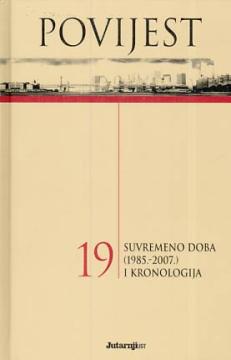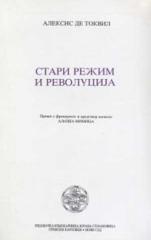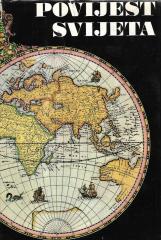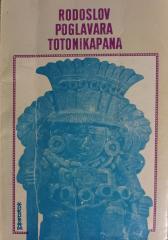
Povijest #19: Suvremeno doba (1985.-2007.)
The year 1985 marks the beginning of perestroika in the USSR under Gorbachev, thus beginning the end of the Cold War. The fall of the Berlin Wall in 1989 symbolizes the unification of Europe, while the USSR collapses in 1991, leaving the USA as the sole superpower. The Balkan wars (1991–1999), especially the conflict in Bosnia and Kosovo, reveal ethnic tensions, while the genocide in Rwanda (1994) shocks the world.
The technological revolution is changing life: the Internet is becoming a global network, and mobile phones are a part of everyday life. In 1995, the World Wide Web was born, and companies like Microsoft and Apple defined the digital age. The September 11, 2001, terrorist attacks on New York and Washington trigger the global war on terror, including the invasions of Afghanistan (2001) and Iraq (2003), along with human rights controversies.
Ecological crises are becoming more visible: the Kyoto Protocol (1997) seeks to curb climate change, but resistance from major powers slows progress. Globalization is growing, but it also brings inequalities, while China and India are emerging as economic powers. The Euro is spreading across Europe (2002), and the EU is expanding eastward.
The book, concise and dynamic, captures this era through political, social and cultural prisms, from the collapse of communism to the digital revolution, inviting reflection on a world in transition.
One copy is available





